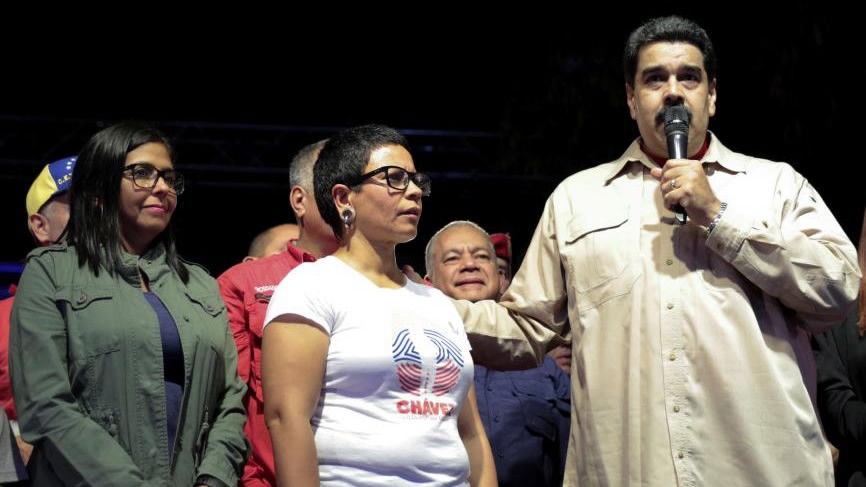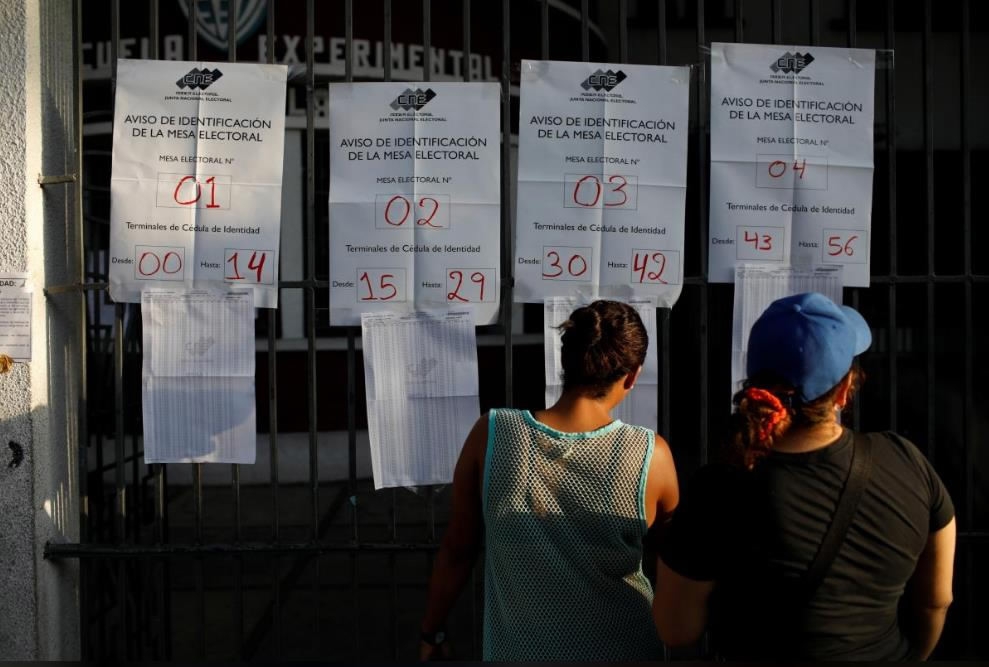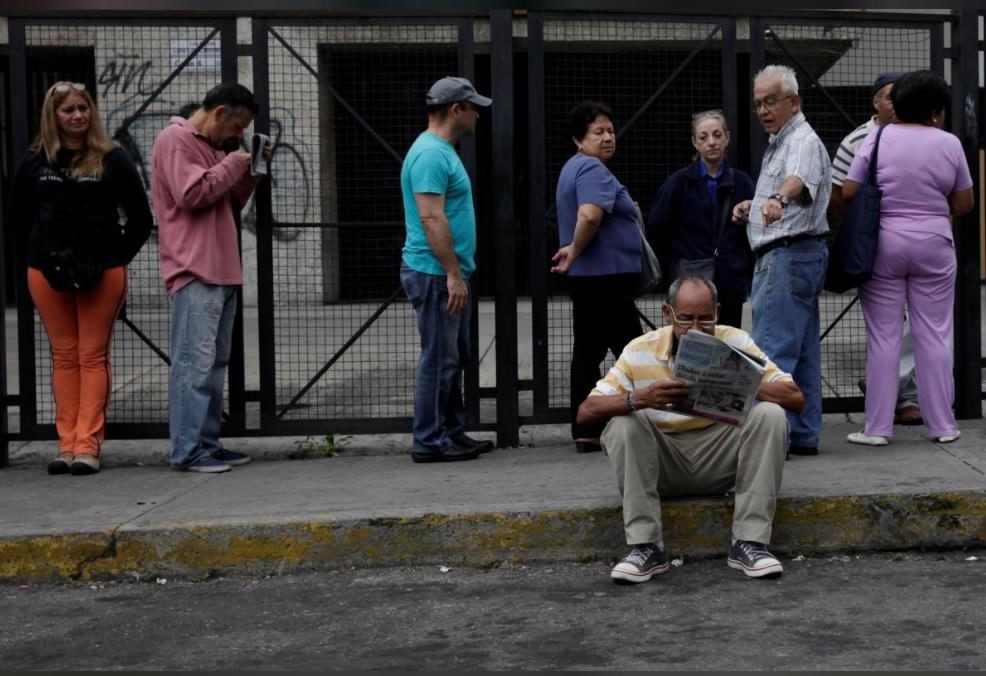
Politics
09:30, 11-Dec-2017
Venezuela's Maduro eyes for presidency race with mayoral poll domination
CGTN

President Nicolas Maduro has set his sights on Venezuela's 2018 presidential election after the ruling Socialist Party dominated mayoral polls with a partial boycott by a divided opposition.
After a year of ferocious domestic protests and damaging foreign sanctions, the 55-year-old successor to Hugo Chavez said the government had won at least 90 percent of the 335 mayorships in Sunday's election.
The latest official results gave him 21 of 23 state capitals as well as Caracas' main district, with full results due later on Monday. The landslide win for the socialists was no surprise, given three of the biggest opposition parties did not field candidates.
The elections left Maduro favored to be the socialist candidate in next year's presidential race, despite the ambitions of rivals within government and an economic crisis that has pummeled the OPEC nation since his 2013 election.

People check a list at a polling station during a nationwide election for new mayors, in Caracas, Venezuela, December 10, 2017. /Reuters Photo
People check a list at a polling station during a nationwide election for new mayors, in Caracas, Venezuela, December 10, 2017. /Reuters Photo
"Let's get ready for 2018!" he told cheering supporters in a Caracas square shortly before midnight on Sunday, next to a statue of Venezuela's independence hero Simon Bolivar.
Maduro also declared fixing Venezuela's broken economy a priority. But opponents and even some government dissenters say it is his stubborn adherence to Chavez-era economic policies, such as currency controls, that is to blame for the crisis.
Venezuela's 30 million people are enduring one of the worst economic meltdowns in recent Latin American history. Millions are skipping meals, missing medicines, and lining up for hours at shops during acute shortages and crippling inflation.
Maduro eyes re-election
Three of the opposition coalition's main parties – Popular Will, Justice First and Democratic Action – boycotted Sunday's polls, saying the election board was a pawn of the government.
But other opposition parties did put up candidates, adding to confusion and acrimony within opposition ranks.
Maduro said the three abstaining parties should be banned from participating in future elections. That brought a rebuke from the US State Department, which called his remarks "another extreme measure to close democratic space in Venezuela and consolidate power in his authoritarian dictatorship."

People wait to vote for new mayors, in Caracas, Venezuela, December 10, 2017. /Reuters Photo
People wait to vote for new mayors, in Caracas, Venezuela, December 10, 2017. /Reuters Photo
Venezuela's presidential election has traditionally been held in December, but there is speculation in political circles that it will be brought forward to the first half of 2018 so the socialists can take advantage of the opposition's disarray.
Street protests earlier in 2017 put pressure on Maduro and left 125 people dead. Foreign pressure hardened too, with US President Donald Trump imposing sanctions on Venezuela for alleged government rights abuses and corruption.
14418km
Source(s): AFP
,Reuters

SITEMAP
Copyright © 2018 CGTN. Beijing ICP prepared NO.16065310-3
Copyright © 2018 CGTN. Beijing ICP prepared NO.16065310-3